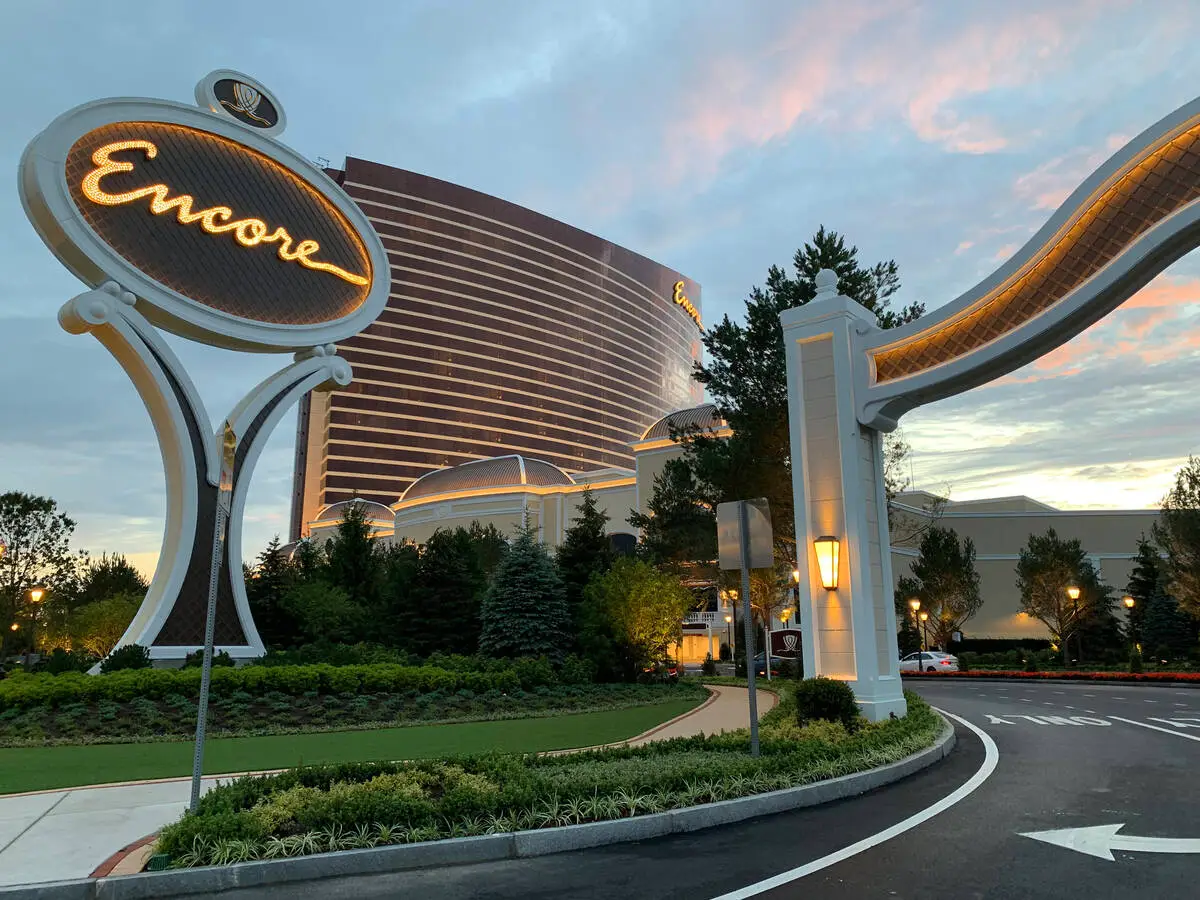Wynn Resorts Backer Denied Encore Boston Harbor Lawsuit Worth $19 Million

The Massachusetts Supreme Judicial Court has ruled that a confidential agreement between Wynn Resorts and Anthony Gattineri, a minority owner of FBT Everett Realty, LLC, is not legally binding.
This agreement, which would have entitled Gattineri to an additional $19 million from the sale of land that later became Encore Boston Harbor, was not disclosed to gaming authorities, leading to the court’s decision to invalidate it on the grounds of public policy.
The controversy stemmed from Wynn Resorts’ attempt to obtain a casino license in Massachusetts. They had agreed to purchase land in Everett and Boston for $75 million.
However, concerns arose about potential ties between FBT and a convicted felon with organized crime connections. As a result, the Massachusetts Gaming Commission limited the sale price to $35 million, which represented the land’s fair market value if it were not designated for a casino.
Gattineri, a stakeholder in FBT, claimed that Wynn had promised him an additional $19 million through an undisclosed oral agreement.
This secret arrangement was neither documented nor reported to the commission, raising doubts about its legitimacy.
The court emphasized that the primary public policy, outlined in the Expanded Gaming Act, is to safeguard the integrity and public confidence in the casino gambling licensing process. Any agreement that deviates from the terms approved by the commission and is hidden from regulatory authorities is considered unenforceable.
In 2009, FBT acquired the land for approximately $8 million, a period when casino gambling was not yet legalized in Massachusetts. Initially, the site was considered for large-scale retail purposes, but their plans changed in late 2011 after the legalization of casino gaming.
Justice Scott L. Kafker, representing the Supreme Judicial Court, emphasized the critical role of transparency and public trust in the recent casino license ruling.
The court’s decision highlighted the importance of full disclosure and openness in transactions related to casino licenses, particularly when there are potential ties to organized crime.
In other developments back in July, Wynn Resorts’ Encore Boston Harbor, alongside MGM Springfield and Plainridge Park Casino, faced penalties from Massachusetts regulators for accepting unauthorized in-state college bets during March Madness.
More recently, a Massachusetts consumer named Richard Schuster accused Encore Boston Harbor and Wynn Resorts of violating consumer protection laws by allegedly providing inadequate service through ticket redemption units and coinless machines at the casino.
However, the court ruled in favor of the casino, asserting that Schuster had sufficient information to redeem his change.
As a result, Schuster has appealed the decision, while Wynn’s legal team is seeking to have the case dismissed, arguing that there was no unfair conduct on their part.
- Other news categories:
- SlotsUp's news





